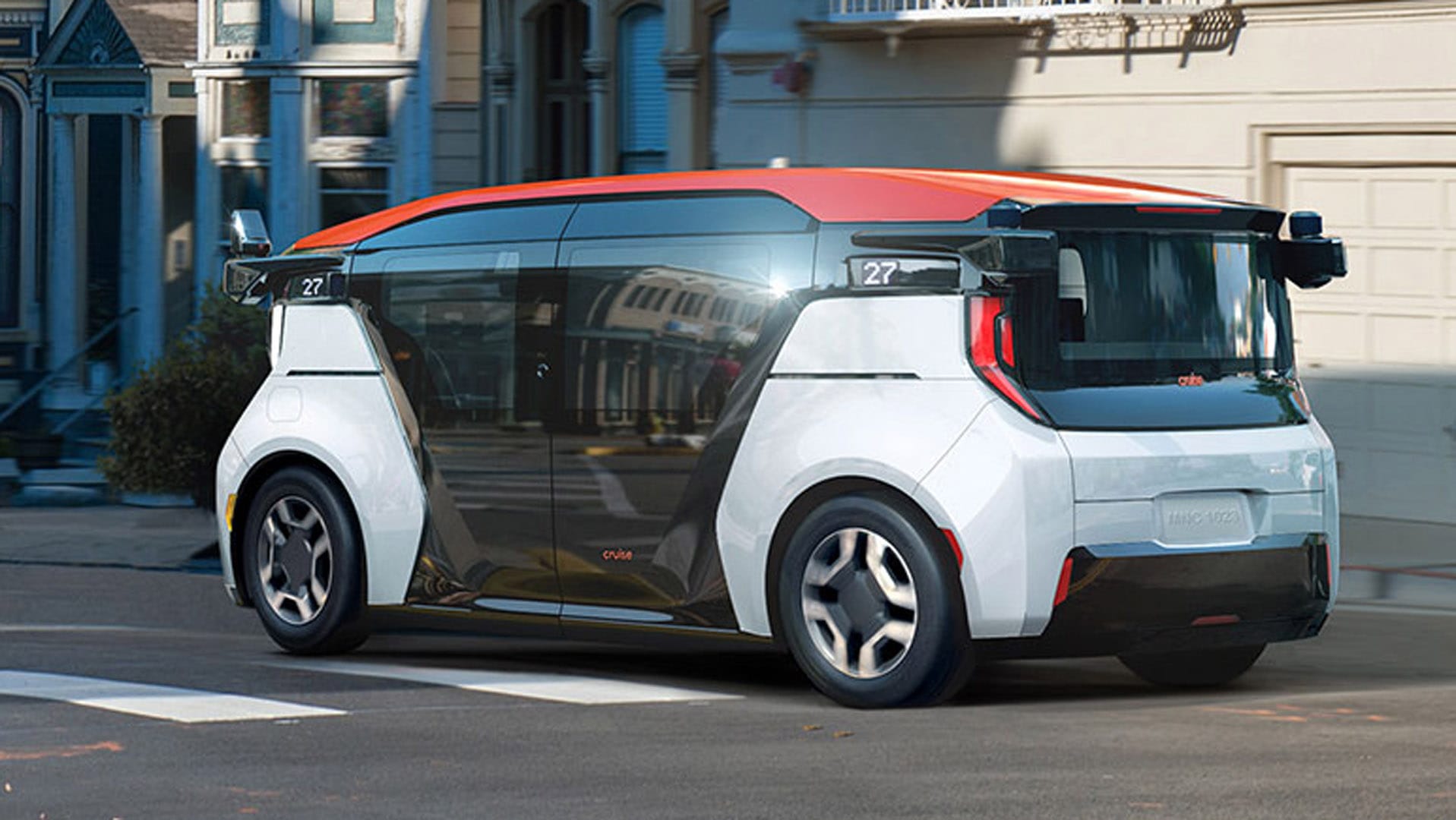General Motors, one of the largest automakers in the world, has announced its decision to discontinue its autonomous vehicle project, Cruise. The move comes as a surprise to many in the industry, given the significant investments GM has made in the project over the years.
Cruise, which was founded in 2013, was acquired by GM in 2016 for $1 billion. The project aimed to develop and deploy autonomous vehicles for ride-hailing and delivery services. However, despite the significant investments, the project has struggled to achieve profitability.
In a statement, GM CEO Mary Barra said, “We have made the difficult decision to discontinue our autonomous vehicle project, Cruise. While we believe in the potential of autonomous vehicles, we have come to realize that the project is not sustainable in its current form.”
The decision to exit Cruise is expected to result in a significant write-down for GM. The company has already invested billions of dollars in the project, and the discontinuation of the project will likely result in a substantial loss.
However, GM has made it clear that the decision to exit Cruise is not a reflection on the company’s commitment to electric vehicles and autonomous technology. The company has announced plans to invest heavily in its electric vehicle initiatives, including the development of a new electric vehicle platform.
“We remain committed to our vision of a future with zero emissions, zero crashes, and zero congestion,” said Barra. “We will continue to invest in electric vehicles and autonomous technology, but we will do so in a way that is sustainable and aligned with our core business.”
The decision to exit Cruise is also expected to have implications for the autonomous vehicle industry as a whole. With GM’s exit, the industry is likely to see a shift in focus towards more profitable and sustainable business models.
“It’s a significant blow to the autonomous vehicle industry,” said Jessica Caldwell, executive director of industry analysis at Edmunds. “GM was one of the biggest players in the space, and their exit will likely have a ripple effect throughout the industry.”
However, not everyone is surprised by GM’s decision. Some industry analysts have long questioned the viability of autonomous vehicle projects, citing the significant technical and regulatory challenges involved.
“This is not a surprise,” said Michelle Krebs, executive analyst at Autotrader. “The autonomous vehicle space is extremely challenging, and it’s not clear that there is a viable business model for these projects.”
As GM exits Cruise, the company will likely focus on its core automotive business and electric vehicle initiatives. The decision is expected to have significant implications for the company’s financial performance in the short term, but it may ultimately be a positive move for the company’s long-term sustainability.



